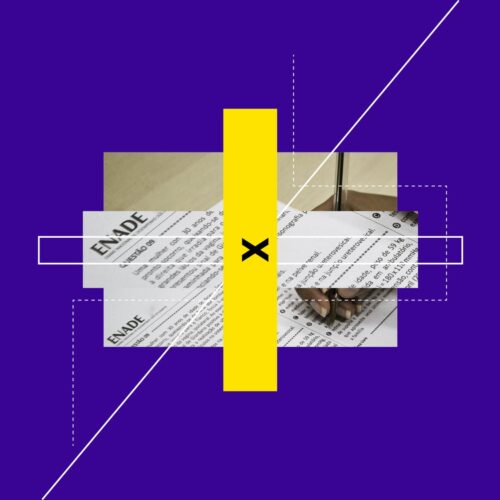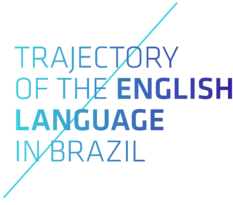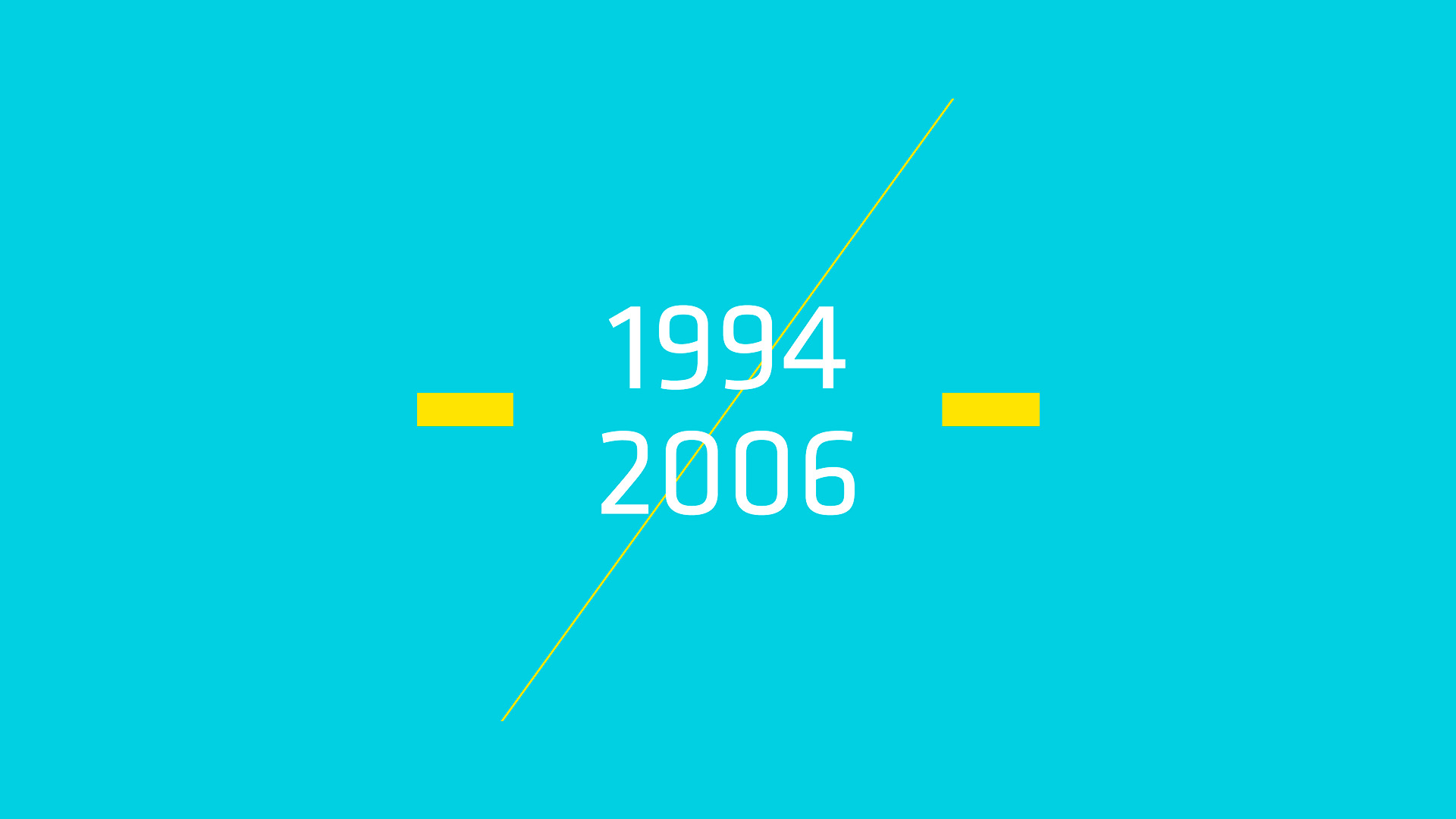1994
The British Council opens Education Resource Centre in Rio de Janeiro
In June, the British Council opened an Education and Training Resource Centre in Rio de Janeiro. The project had the support of Professor Gilberto de Oliveira Castro, Deputy Dean of the Federal University of Rio de Janeiro (UFRJ), and Sir Peter Heap, at the time British Ambassador to Brazil. The available resources dealt with educational aspects, scholarships and training courses in the UK, as well as catalogues, videos, and information on British education and culture.
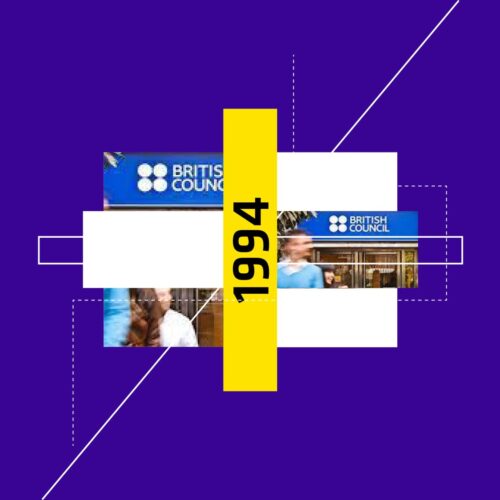

1996
Florianópolis Letter is written with an emergency plan to guarantee the teaching of foreign languages
An emergency plan of action to guarantee the teaching of foreign languages in Brazil: this was the main request of the Letter of Florianópolis, the result of the 1st National Meeting of Language Teaching Policy (Enple). The document highlighted that “every Brazilian has the right to full citizenship, which, in today’s globalised and polyglot world, includes learning foreign languages”. Among other needs, it demanded the training of teachers, access to study and efficient teaching.
1996
Language teaching becomes mandatory from the 5th grade of Primary Education
The Minister of Education and economist Paulo Renato Souza made language teaching mandatory from the 5th grade onwards. These were some of the effects of LDB no. 9394. In Secondary Education, the school community began to choose one language to be taught in compulsory language, in addition to a second, optional language. At that time, there was no longer a single teaching method. Pedagogy had embraced a pluralism of ideas and conceptions.


1996
English seen as a lingua franca
Since researcher Jennifer Jenkins first used the term English as a lingua franca (ELF) in 1966, others have continued the approach. According to Seidlhofer (2011), it consists of “any use of English between speakers of different mother tongues for whom it is the chosen means of communication, and often, the only option”. English is abandoned as a “copy” of a native speaker and interculturality is prioritised. The teacher becomes a mediator who facilitates students’ access to international communication.
1998
National Curriculum Parameters (PCNs) propose a social approach in language teaching
For PCNs applied to foreign languages, those who learn a language “learn more about themselves and about a plural world, marked by different cultural values and different ways of political and social organisation”. According to the vision, teaching should be socio-interactional, with an emphasis on reading. The proposal considered the conditions of most schools, with crowded classrooms, reduced workload, little oral command of most teachers and lack of didactic material.


2000
New National Curriculum Parameters for High School are created
The new parameters sought to update Brazilian education. With them, Secondary Education gained the didactic division into three major areas: natural sciences and mathematics, human sciences, and languages and codes. This last area is where the teaching of a modern foreign language (LEM) was inserted. In the document defining the new parameters, the LEMs would allow access to knowledge and different ways of thinking, acting, feeling and creating.
2000
Letter from Pelotas presents a diagnosis of the situation of language teaching in the country
What makes a document historic? During the 2nd National Meeting on Foreign Language Teaching Policy (Enple) at the Catholic University of Pelotas, state of Rio Grande do Sul, specialists wrote the Letter from Pelotas. The document makes a diagnosis of the situation of language teaching in the country, from public schools to language courses, from Primary education to Graduate Studies. It also showed the commitment of those involved with public policies capable of improving language teaching.
Sources: site Helb Link para a carta de Pelotas

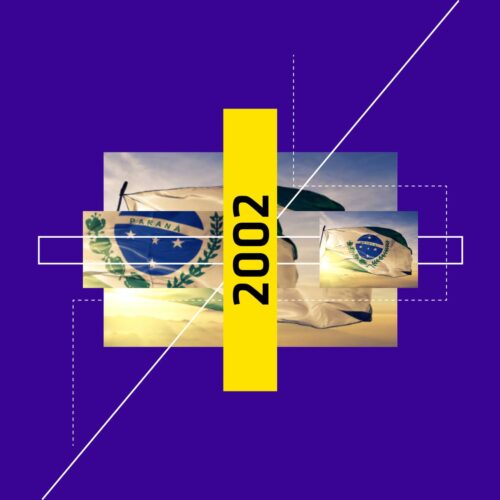
2002
Government of the state of Paraná and international institutions develop the Paraná ELT Programme
English Language Teaching was a partnership initiative between international funding bodies and the government of the state of Paraná to value foreign knowledge and English language teaching. In 2002, the project’s guideline was to value local knowledge for learning English. In 2003, the initiative began to operate autonomously, with the support of the British Council.
2003
African, Afro-Brazilian and Indigenous History and Culture are included in the school curriculum
After years of requests and action demanding historical revision, the Black Movement managed to make the teaching of African and Afro-Brazilian history and culture mandatory in subjects such as art education, literature and history, in addition to including the histories and cultures of the country’s first peoples. By recognising the contribution of black people to Brazilian society, the law opens the door for English language teaching to be carried out more inclusively, covering the cultures and languages of different ethnic groups existing in the country.


2003
Decolonial approach brings a critical look to English language teaching
Is your English British or American? This question denounces a colonial logic, which overvalued native speakers. The decoloniality movement in English language teaching promotes critical analysis, valuing linguistic, political, social, ethnic and gender differences. This perspective converges with the lingua franca mindset, in which a language facilitates communication between people of different languages. The 750 million people who speak English as a second language are proof of this approach.
2004
National Student Performance Examination (Enade) is launched
In 2004, the National Higher Education Assessment System (Sinaes, law no. 10861/2004) proposed to assess undergraduate students. And so the National Student Performance Examination (Enade), a triennial test, came about. But there were gaps in the system and in 2005, 2008 and 2011, the exams for those who studied Literature (Portuguese and English and Portuguese and Spanish) did not include questions prepared in a language other than Portuguese. The situation only changed from 2014.
